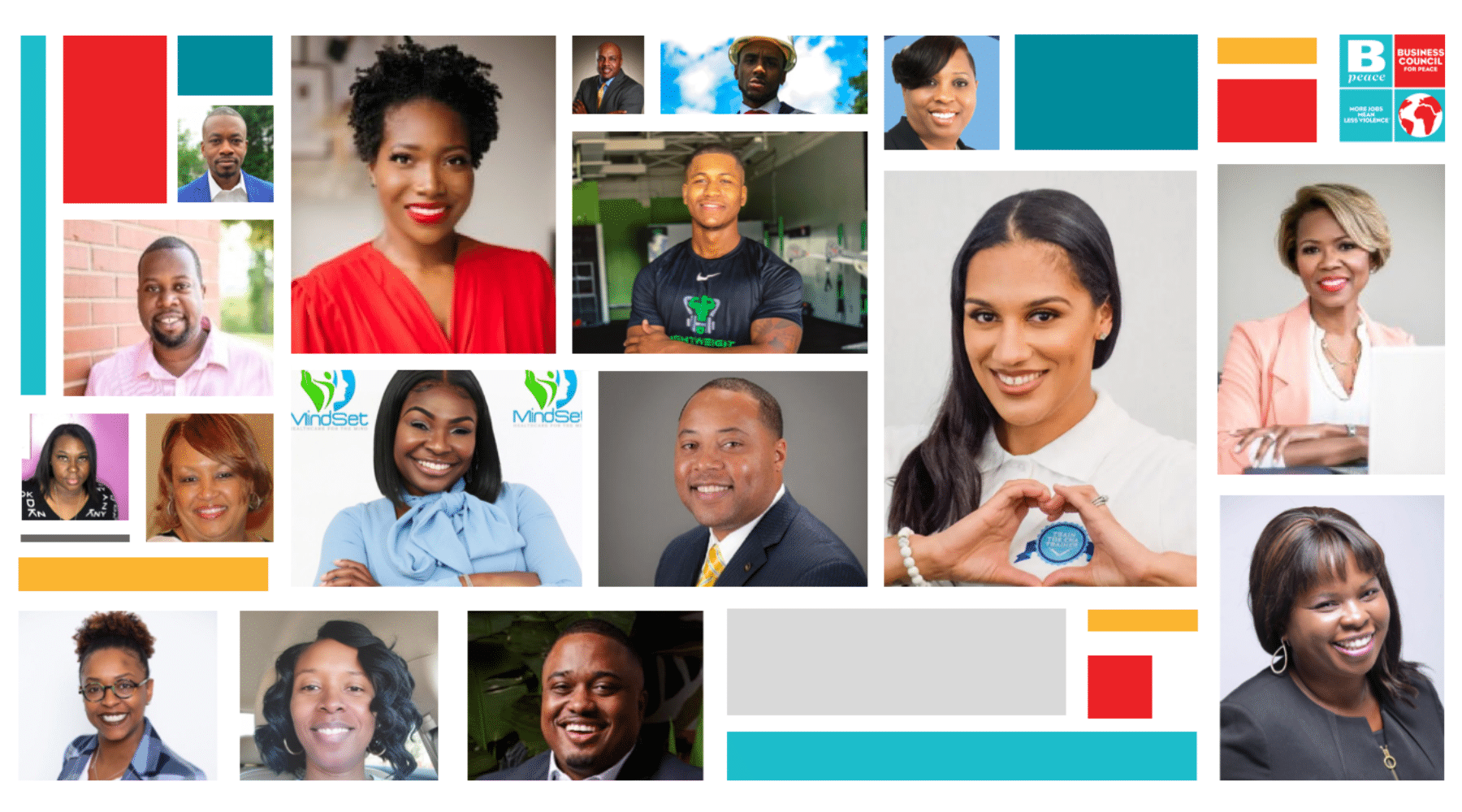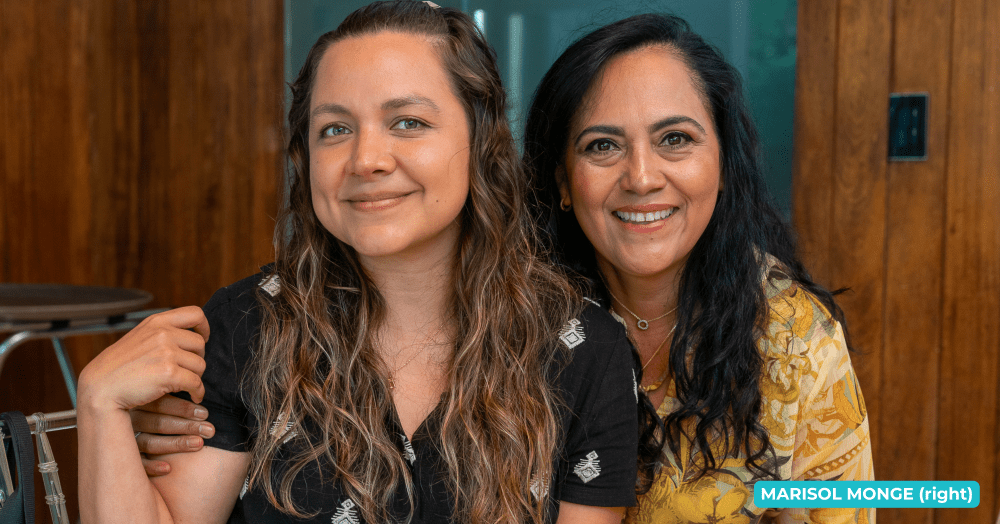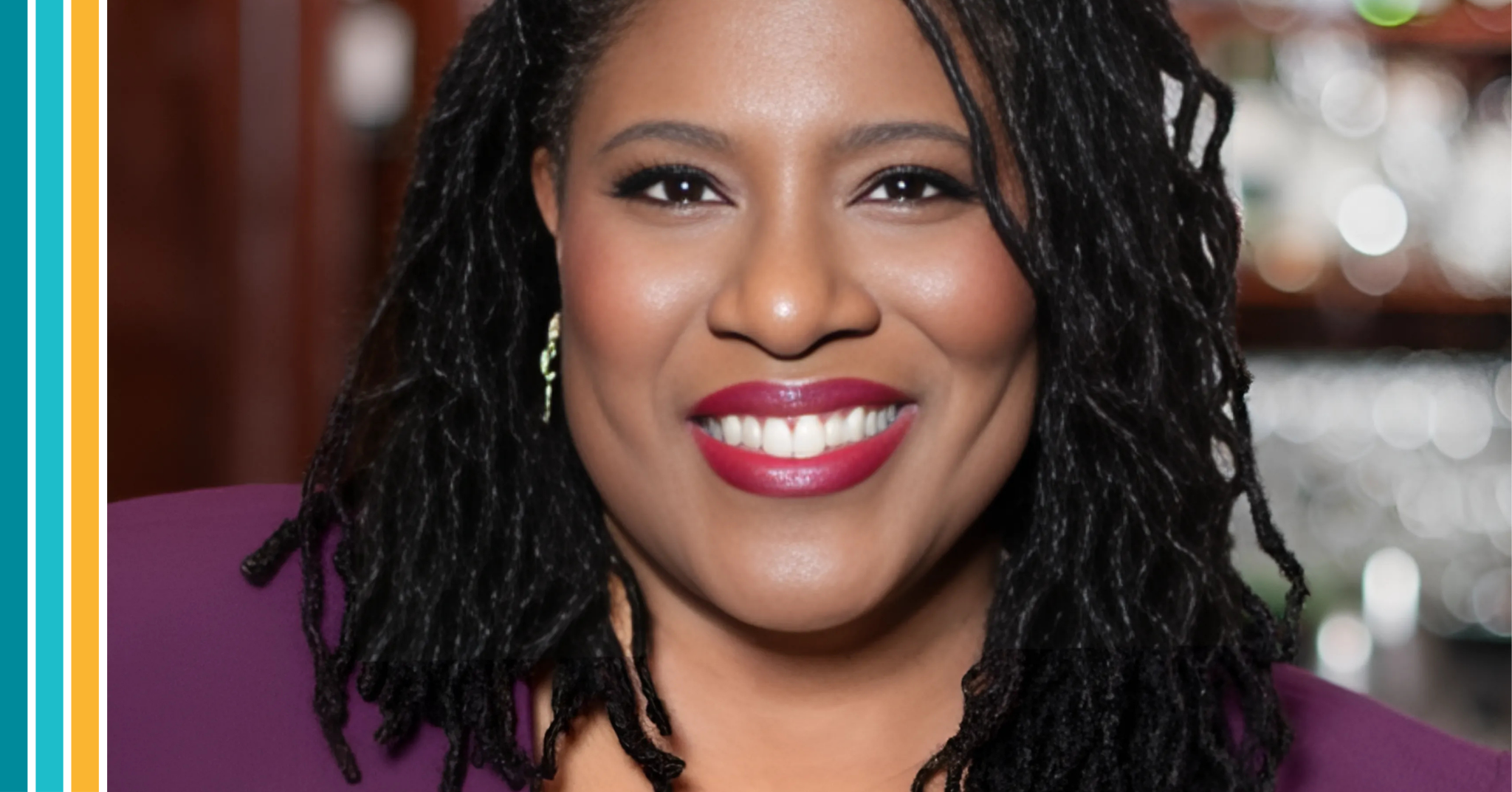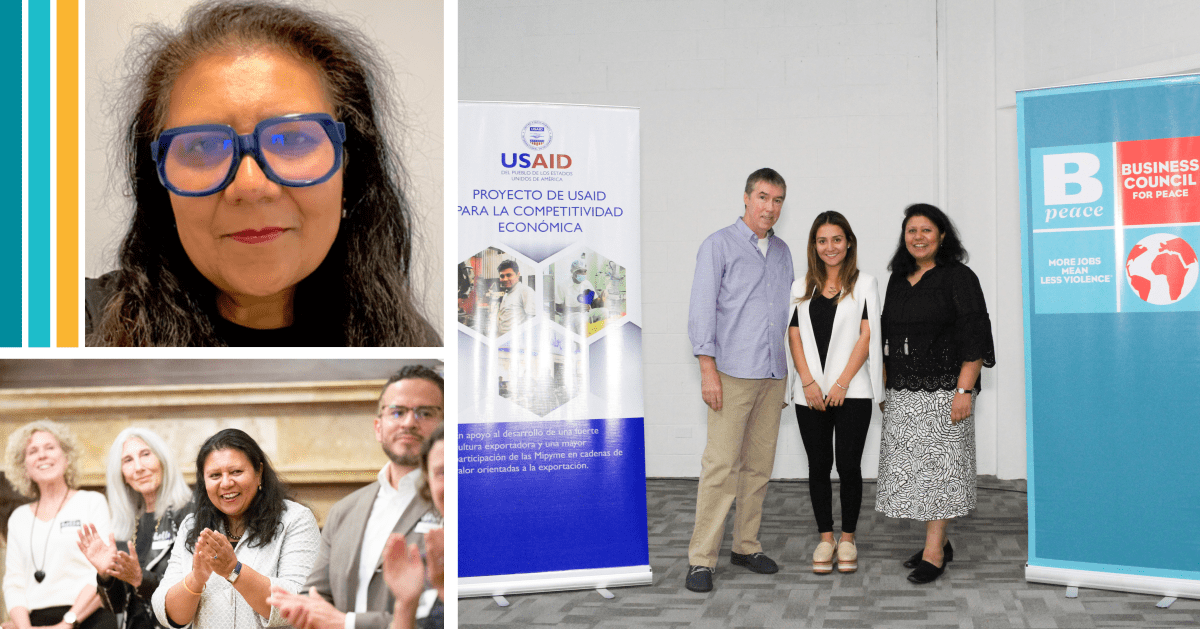Cassandra Brayboy founded Cassy Electric in 2000 and it has remained a family owned and operated business for the last 20+ years. When Ebony Sullivan, Cassandra’s daughter, joined the company, she had a clear goal: scale the business and prepare the succession to continue her mother’s legacy and create generational wealth for their family and community. Ebony took on an ever-growing list of responsibilities and became involved in all aspects of the business, from initial quoting to job completion. Soon enough, she found that she often became the bottleneck in operations. She needed support to be able to put the appropriate strategies and processes in place to build a strong team which could take on more of the day-to-day responsibilities while Ebony could focus on high-level review and growth strategies for the business. That was when she turned to Bpeace and joined the Bpeace Maximizer program in 2021.
Examining the Data on Black-owned Businesses
Recent data shows that one of the effects of the COVID-19 pandemic that led to employment loss for Black workers was a surge of microbusiness creation. Black owners account for 26% of all new microbusinesses, up from 15% before the pandemic. However, studies consistently show that minority-owned firms face many systemic barriers that limit their development and their impact.
According to the 2020 Census, in the U.S., Black people represent 12.7% of the population, but only 4.3% of the 22.2 million business owners in the country 1Brookings Institution
In 2019, only 2.3% of the nation’s 5.8 million businesses with more than one employee were Black-owned, which highlights a deep underrepresentation of Blacks in small businesses.
Only 4.1% of Black-owned businesses were employer firms, compared to 19% of white-owned businesses. 2https://www.brookings.edu/research/black-owned-businesses-in-u-s-cities-the-challenges-solutions-and-opportunities-for-prosperity/ It has been demonstrated that if 15% of Black-owned businesses could hire one more employee, the American economy could grow by $55 billion.
How Do Minority-owned Businesses Affect the Economy?
Black-owned small businesses earn 59% less and Latino-owned small businesses earn 21% less in first-year revenues than white-owned counterparts. 3JPMorgan Chase
These disparities do more than cost Black and Latino owners—they cost the U.S. economy. The Brookings Institution notes that Black businesses average just over $1 million in annual revenue, while non-Black business average roughly $6.5 million. According to McKinsey, if this racial wealth gap were to close, the U.S. GDP could experience growth of up to four to six percent by the year 2028, equating to an injection of between $1 and $1.5 trillion into the economy.
Small and medium businesses are vital to the economy, particularly because they serve as key employers for communities of color who are often denied opportunities by larger employers across the job market.
How Can Black-owned Businesses Experience More Growth?
The 97% of Back business owners that are sole proprietors wear too many hats, don’t know how to delegate, and need help to figure out what to do next as it relates to their business’s growth. While the unique challenges experienced by Black and Brown entrepreneurs are not yet well understood, at Bpeace we believe that to break through persistent growth bottlenecks, minority owners of small businesses need increased access to capital, networks and business mentorship.
Minority-owned small businesses are particularly exposed to the current economic challenges, such as remaining effects of the pandemic, high inflation, staffing difficulties, outdated technology, limited partnerships, etc. These challenges prevent them from scaling and more effectively supporting the communities that they serve.
The lack of family wealth and restricted external financing heightens the stakes of having a successful business for minority business owners: they can’t afford to fail.
The Bpeace Solution for Minority Business Owners
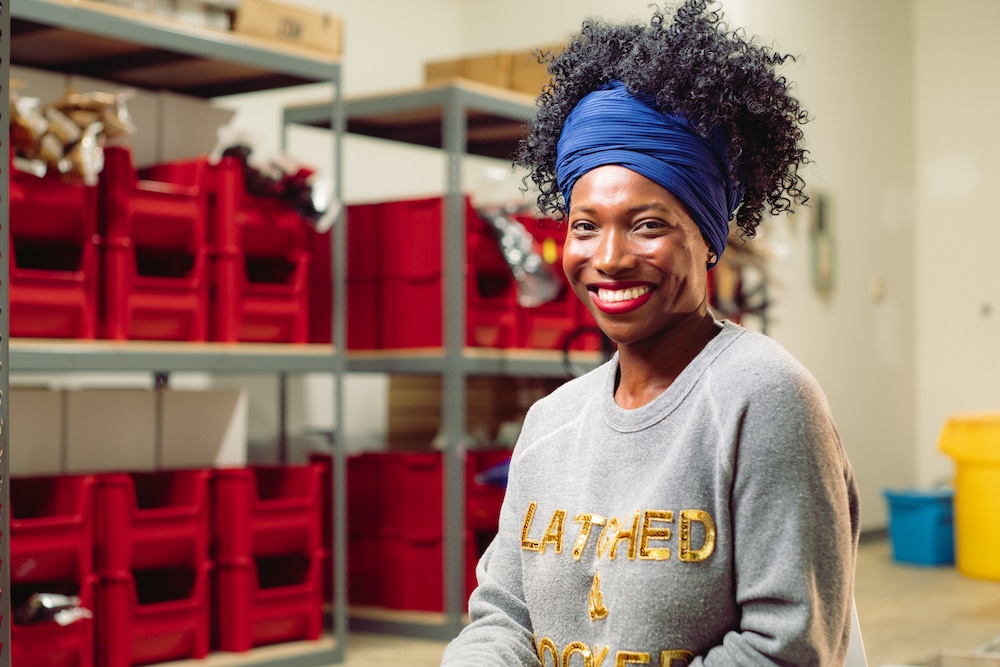
In 2020, Bpeace launched in the U.S. with a commitment to help reduce systemic racism and advance racial equity.
To address this historic gap, Bpeace designed a program aimed at strengthening the leadership and management skills of minority owned, small business founders with a lens toward optimizing revenue generation and job creation in their communities. This program specifically places the business leader at the center to develop clear business growth paths.
The goal of our guidance and programs is to level the playing field for those who have historically lacked access to wealth and/or business opportunities.
To achieve that, we leverage skill-based volunteer experts, or “Skillanthropists,” to support structural change: we recruit these experts to use their industry and business knowledge and skills to make a difference.
Skillanthropist Anthony Abney, founder and CEO of Bluewater Bookkeeping, recently led a financial roundtable to help business owners learn more about funding, capital, payroll and employee taxes. Marketers Kelley Shannon and Noel Carson guided them through essential marketing topics like reaching new customers, improving lead generation and building their online reputation. Bpeace all-stars Lynn Waiver and Buck Baker hosted a Talent Management Learning Lab that delved into how to develop productive and engaged employees, keep them motivated and retain them.
Skillanthropists Karen Vander Linde, Kathleen Dyer, Sarah Diamond and James Jones pooled their many years of business expertise to coach business owners on how to achieve a clear, personalized growth plan using a five-step strategy.
Creating this backbone structure will help each business for years to come. We do this hand in hand with partners such as the Association for Enterprise Opportunity (AEO) and Truist.
How Has Bpeace Helped Minority-owned Businesses?
For Ebony Sullivan and Cassy Electric, Bpeace matched her with New York-based expert Jim Reitzig who offered extensive capital allocation and investment evaluation expertise. Together, Jim and Ebony worked over the course of five months to prepare her business to gain access to capital. This included a full review of financial statements, determining the amount of financing needed to land larger commercial projects, and creating a package to present to local financial institutions.
For businesses like Cassy Electric, our initial results at Bpeace have exceeded expectations: 63% of the participating businesses create new jobs, secure new contracts, and increase profitability even in an economic downturn and competitive labor market. Our most recent results in the U.S. show that our cohorts grew jobs by 21%, while the national average was 5.7%.
To date, Bpeace has advised 27 U.S. minority-owned businesses supporting 1,000+ family members by providing high-quality counseling and tools to help small and medium business owners bring their companies to the next level.

